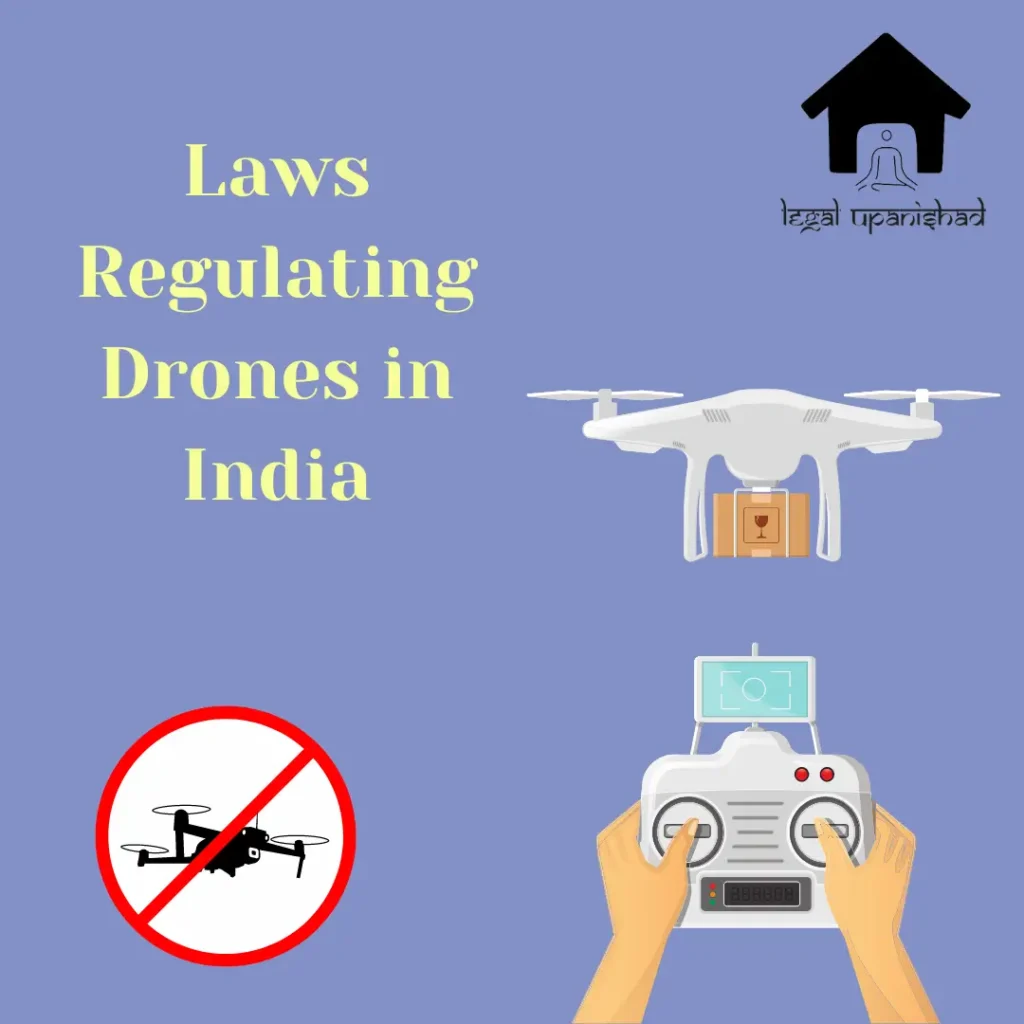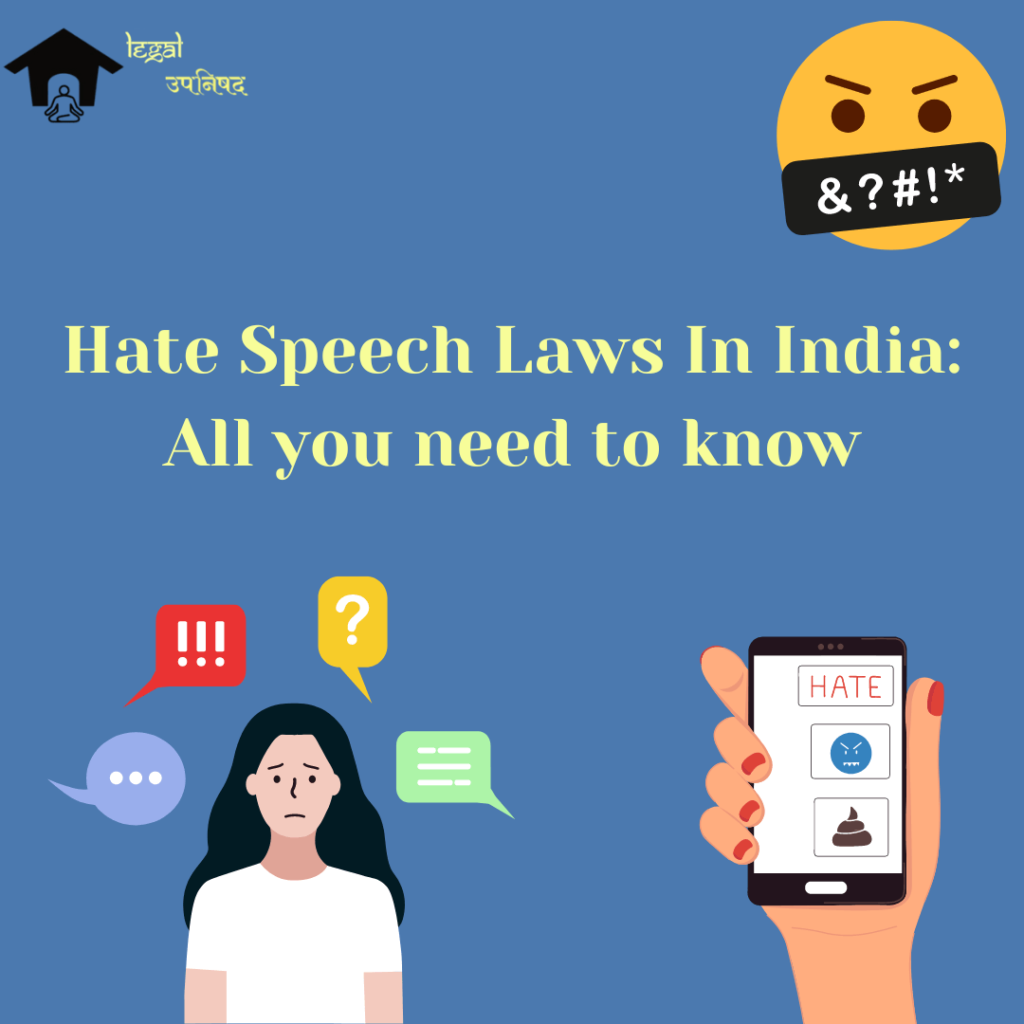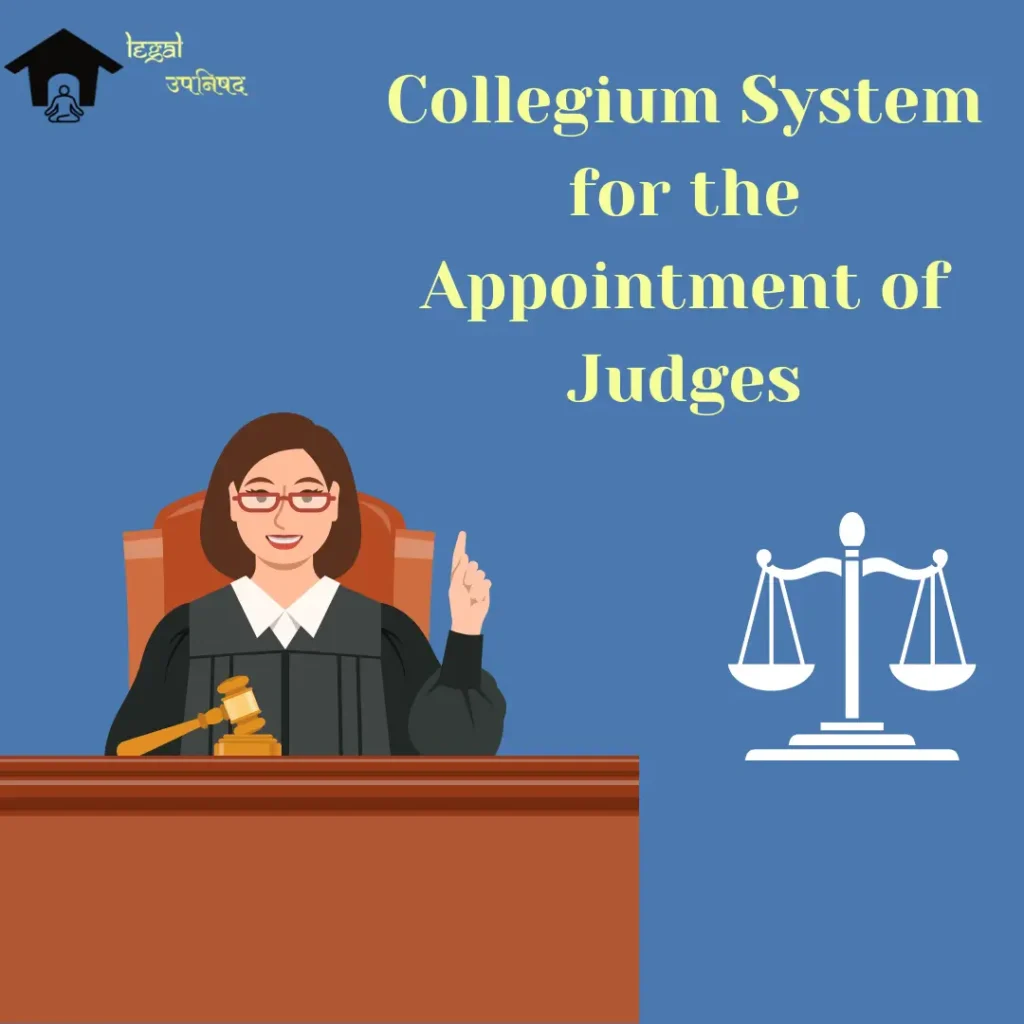Maritime Laws in India: All you need to know
Maritime Law is also known as the Law of the sea. This kind of law talks about the rules and regulations related to shipping, its protection & maintenance, insurance of ships and people, carrying goods by sea, registration, and damages to ships, etc. The transfer of goods from one country to another country has been run for ancient times. At that time, there was a need for this kind of law, and there were some laws but not in a proper way. This article will be explained all about its history and what the current laws related to maritime have been run in India.










